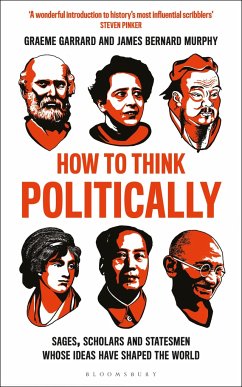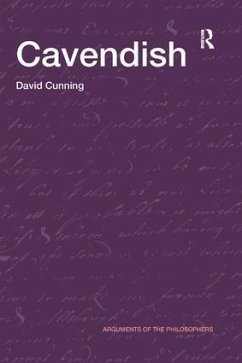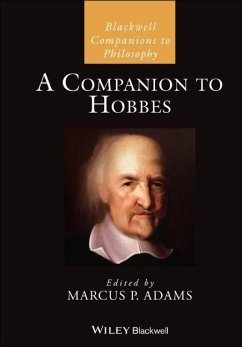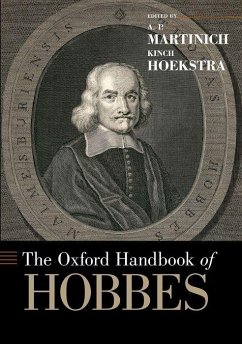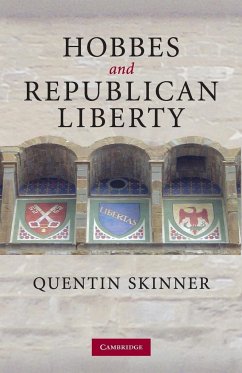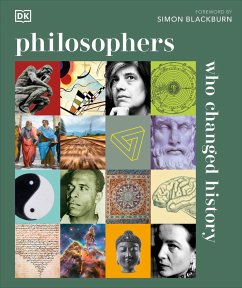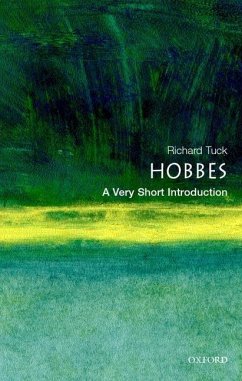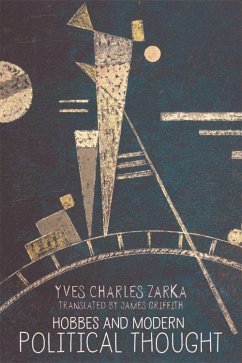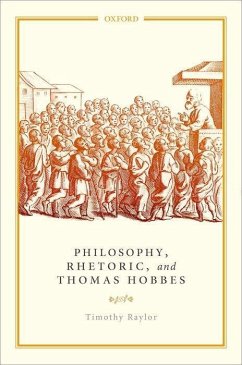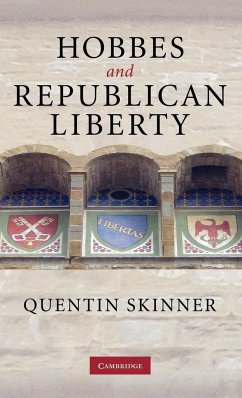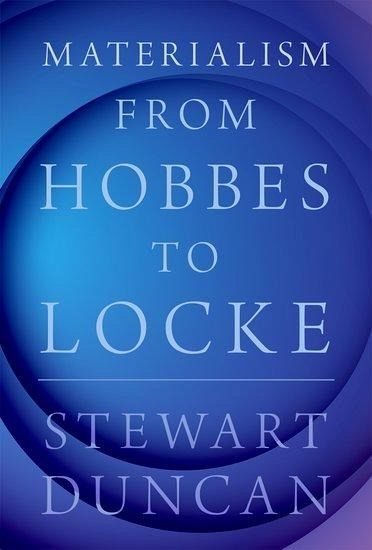
Materialism from Hobbes to Locke
Versandkostenfrei!
Versandfertig in über 4 Wochen
97,99 €
inkl. MwSt.
Weitere Ausgaben:

PAYBACK Punkte
49 °P sammeln!
This book explores a pivotal debate in seventeenth-century European philosophy about the nature of human beings--whether they are purely material things, or whether they have an immaterial soul that thinks and can survive the death of the body. It traces this debate from the work of the materialist philosopher Thomas Hobbes, through the responses of three of his critics--the Platonists Henry More and Ralph Cudworth, and the materialist Margaret Cavendish--to the discussion of materialism in John Locke's Essay concerning Human Understanding. Stewart Duncan probes the thought and debates that or...
This book explores a pivotal debate in seventeenth-century European philosophy about the nature of human beings--whether they are purely material things, or whether they have an immaterial soul that thinks and can survive the death of the body. It traces this debate from the work of the materialist philosopher Thomas Hobbes, through the responses of three of his critics--the Platonists Henry More and Ralph Cudworth, and the materialist Margaret Cavendish--to the discussion of materialism in John Locke's Essay concerning Human Understanding. Stewart Duncan probes the thought and debates that originated in the seventeenth-century yet extended far beyond it, and it offers a distinctive, new understanding of Locke's discussion of the human mind.




